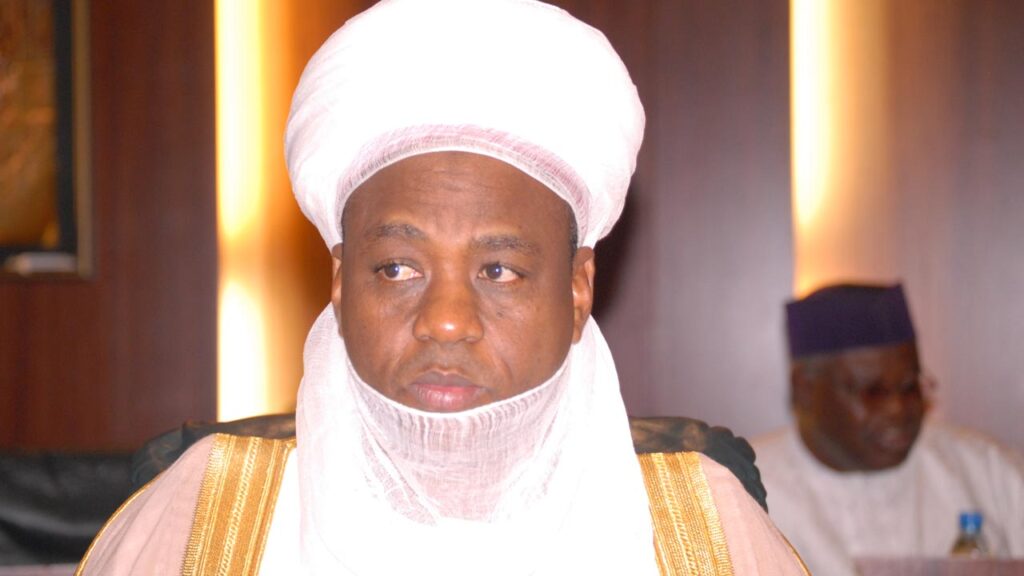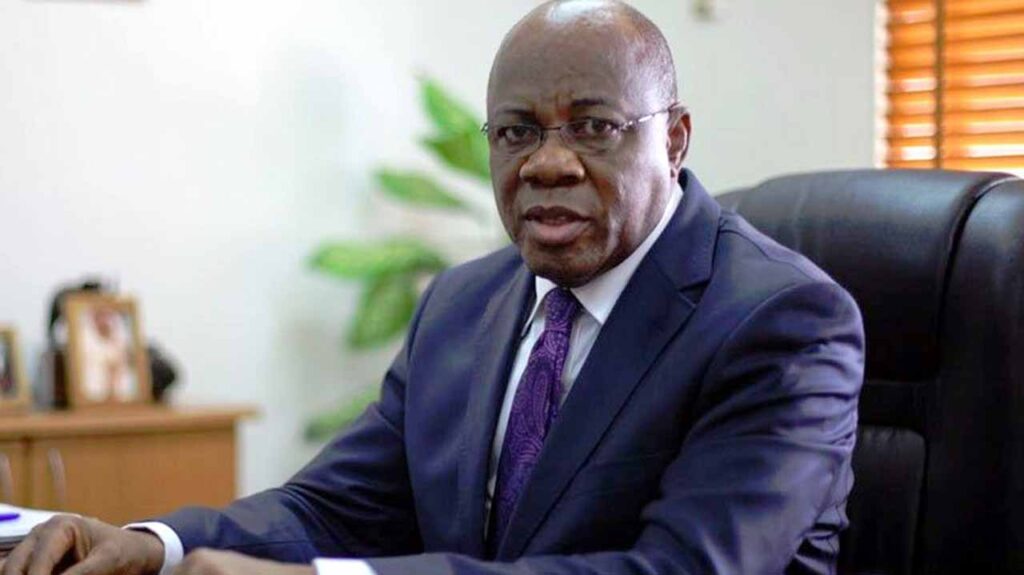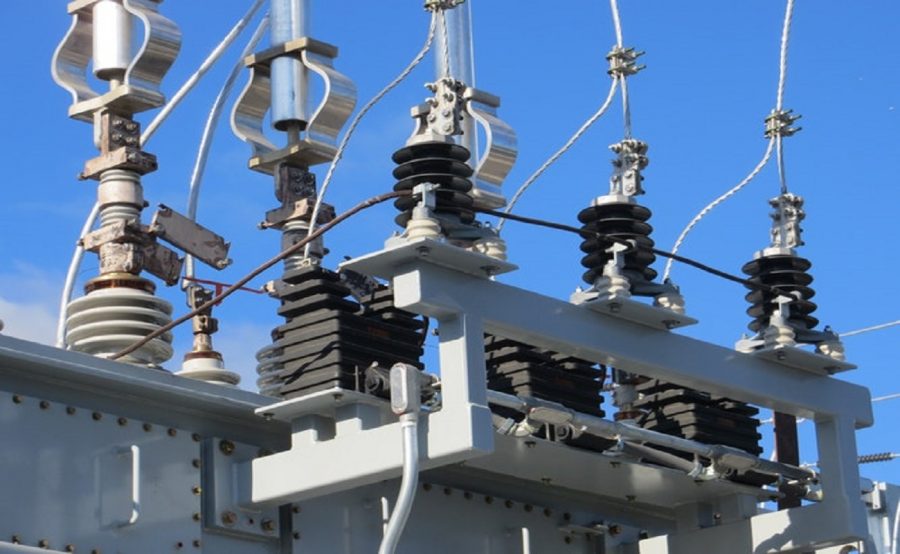
Legal luminaries have called for restructuring of Nigeria in such a way that more powers would be devolved to the states. They also want states to be allowed to exploit resources within their territories and pay tax to the Federal Government.
The Senior Advocates of Nigeria (SANs) consisting of Mazi Afam Osigwe; Egbe Amofin; Isiaka Olagunju; Dr. Babatunde Ajibade; Chukwuka Ikwuazom and Olusegun Fabunmi, made the appeal yesterday at the 16th Babatunde Olusola Benson (SAN) yearly memorial lecture in Ikorodu, Lagos
Titled “The 1999 Constitution, Restructuring and True Federalism: The Way Forward,” the event was organised as part of the 2023 Law Week of Nigerian Bar Association (NBA), Ikorodu Branch.
The legal practitioners canvassed tax powers of each tier of government to be reviewed in favour of states and local councils. Theme of this year’s lecture was “2023 And Beyond: The Imperatives of True Federalism In Nigeria’s Constitutional Democracy.”
Delivering the main lecture, chairman of the occasion, Osigwe said states should be allowed to have more authority over their affairs, while the Federal Government should recognise the imperativeness of devolving more powers to the states.
His words: “All parts of Nigeria must be made to understand that to prevent strives, civil disturbances, secession and preserve the union, restructuring is the most peaceful and least destabilising way to keep the peace and build an enduring nation.
“The hope of the common man will continue to wane if we do not fix the country so that the people will enjoy the dividends of democracy. If we get our federal system properly fixed, everything will fall in place.”
He submitted that the way to move forward is to agree on what needs to be taken out of the Constitution and replace them with what is agreed. This would enhance the workability of our federation.”
Osigwe went on: “The 30 items in the concurrent list should be reviewed to transfer some items to the residual list. Items like industrial, commercial and agricultural development, health and education should be exclusively reserved for the federating units (states). Removing many items in the exclusive legislative list of 68 items, in respect of which only the Federal Government has legislative competence, and transfer the items to the states.
“Resource control should be decentralised to make Nigeria more productive, economically buoyant and less dependent on oil. States should be allowed to control the exploitation of resources found within their territories and pay tax to the central/Federal Government. The tax powers of each tier of government should be reversed, in favour of states and local governments.”
He said the demand by some states to establish own state police forces should be considered, adding that this may entail removing the Nigeria Police Force and policing from the exclusive list, and putting same in the concurrent.”
In his remarks, Olagunju stressed that restructuring and true federalism are critical to the development and stability of Nigeria’s constitutional democracy.
To achieve true federalism, he said the Constitution needs to be amended, revenue allocation formula reviewed and political structure restructured.He sought a decentralised system of government that devolves power and resources to the states and regions for promotion of greater participation and representation in federalism.
On his part, Ajibade regretted that Nigerians were never invited to participate when the Constitution was drawn. He noted: “Since 1999, we have had successive governments that have been put in place based on the legitimacy of that 1999 Constitution. To a large extent, it is unrealistic to hope or to expect that they would dismantle the very instrument that gives them legitimacy.
“We are on the 5th amendments now. The good news is that we have exhibited the capacity to tinker with the Constitution. While the ideal thing is for us to have a national constitutional conference, where all the constituent parts of the country would come together and renegotiate the way they want to relate with one another, I think what we need to do is to focus significant attention on the constitution amendment process.
“The 1st to 4th alterations to the Constitution have, to my mind, been relatively self-serving in what they focused on. I think the challenge for us as a people, going forward, is that in this new dispensation, we need to engage with the new National Assembly as soon as it is constituted next week on the 13th, to ensure that our aspirations for our country are put forward, and that our representatives take these aspirations seriously.”
In his contribution, Ikwuazom said there is basic minimum structure that must exist before a state can be regarded as practising federalism. He said among the minimum structure is that we must have a political system in which there is power sharing under a written constitution that shares power between a minimum of two levels of government. If that is lacking, we cannot call that political system a federation.”
He added that from 1954 Constitution, the others that Nigeria had until 1963, entrenched federalism as a system of government. Under this constitution, each region enjoyed true autonomy and developed at their own pace.
Branch chairman of NBA, Kolawole Thany, in his address, said unless lawyers take up the gauntlet to show direction, politicians would continue to fiddle with the principles of democracy, constitutionalism and rule of law, lives of the citizens and resources of the nation. He, therefore, urged President Tinubu to change the narrative and steer the ship of state in a positive direction.













